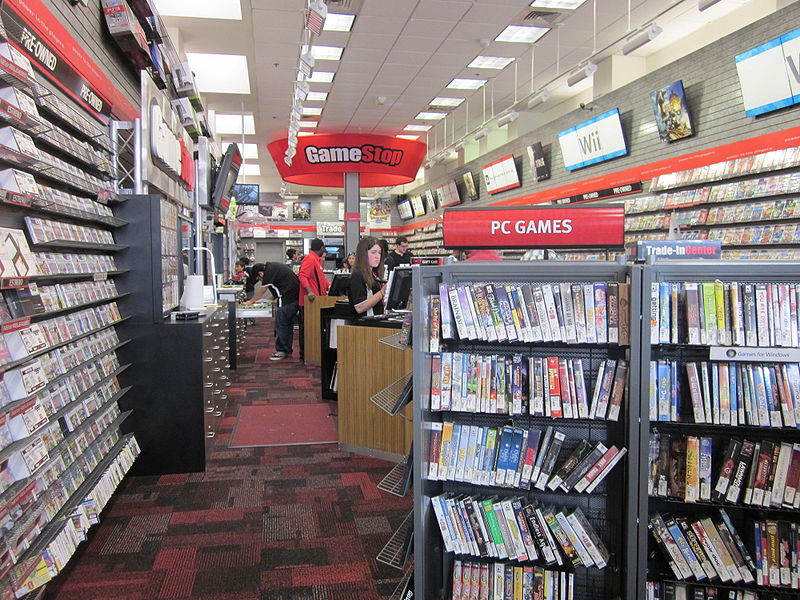Published on: 13/07/2022
GameStop’s NFT Market earns a dismal $45K on Day 1

After months of teases and hype, GameStop’s NFT marketplace beta launched to a lukewarm reception — at least for Day 1.
GameStop’s new NFT marketplace beta earned roughly $45,000 in transaction fees in its first 24 hours following its launch on Monday, according to an Ars-exclusive evaluation. Although the amount might be minuscule for an organization as large as GameStop, it still puts them as a major player in the NFT Market.
Even with the recent decline of NFTs and NFT gaming, GameStop argued that it joined the market at such a time when the demand remained high among the base of gamer clients it hoped to access.
GameStop’s NFT Market
The market is sorted into 54,000 NFTs, which is a part of 250 collections. The total value of the traded NFTs, both by the creator and secondhand purchases, totaled 1,835 ETH (roughly $1.98 Million). GameStop has also developed its own digital wallet dubbed “GameStop Wallet”. The new NFT marketplace intends to deliver low fees and high speeds through the GameStop Wallet and Blockchain Network Integration.
Marketplace users can buy, sell and even create their own NFTs. Furthermore, they also provide educational content covering everything from NFT basics to how to connect a wallet to the marketplace.
Their income from an NFT market mostly stems from its transaction fee — a small percentage taken by the platform on every purchase. In this particular case, GameStop takes 2.25 percent, which translates to about $44,500.
A popular NFT set on the new platform, MetaBoy, accounts for 25 percent of the market’s combined buy and sell quantity. Most popular collections reach the median number of combined buy and sell transactions of 0.9 ETh ($970).
Role of the NFT Market in GameStop
GameStop’s internet gross sales are about $6 billion or roughly $16,5 million in a day for a full fiscal year. To put things into perspective, if GameStop continues to earn $44,500 every day until the rest of the year, it would only amount to 0.27 percent of the corporation’s 2021 fiscal revenue.
The amount may also look even more minuscule compared to the $1.271 billion the company has at the end of 2021. However, the NFT-based income is distinct when compared with the corporation’s other businesses. Take retail stores as an example — retail stores require regular spending as they have delivery and warehouse price, retail worker wages and building maintenance fee. In total, this alone accounts for roughly $381 million in spending annually.
In contrast, the NFT market run on a blockchain network known as Loopring, which itself is based on the Ethereum Network and already heavily invested by GameStop, would not incur any of the fees that come with having a physical store such as building and warehousing maintenance fee. That said, the income from transaction payments would net a decent profit with the current model they are using.
GameStop plans to expand its marketplace in time, in conjunction with its ambition to expand both in utility and new areas in the niche, namely Web3 gaming. Currently, GameStop is already teasing potential support for an NFT gaming platform in which it, in collaboration with Immutable X, has launched a $100 million grant program for the integration.
-
Gaming // 2022-07-14
Axie Infinity sales hit record low for 2022



